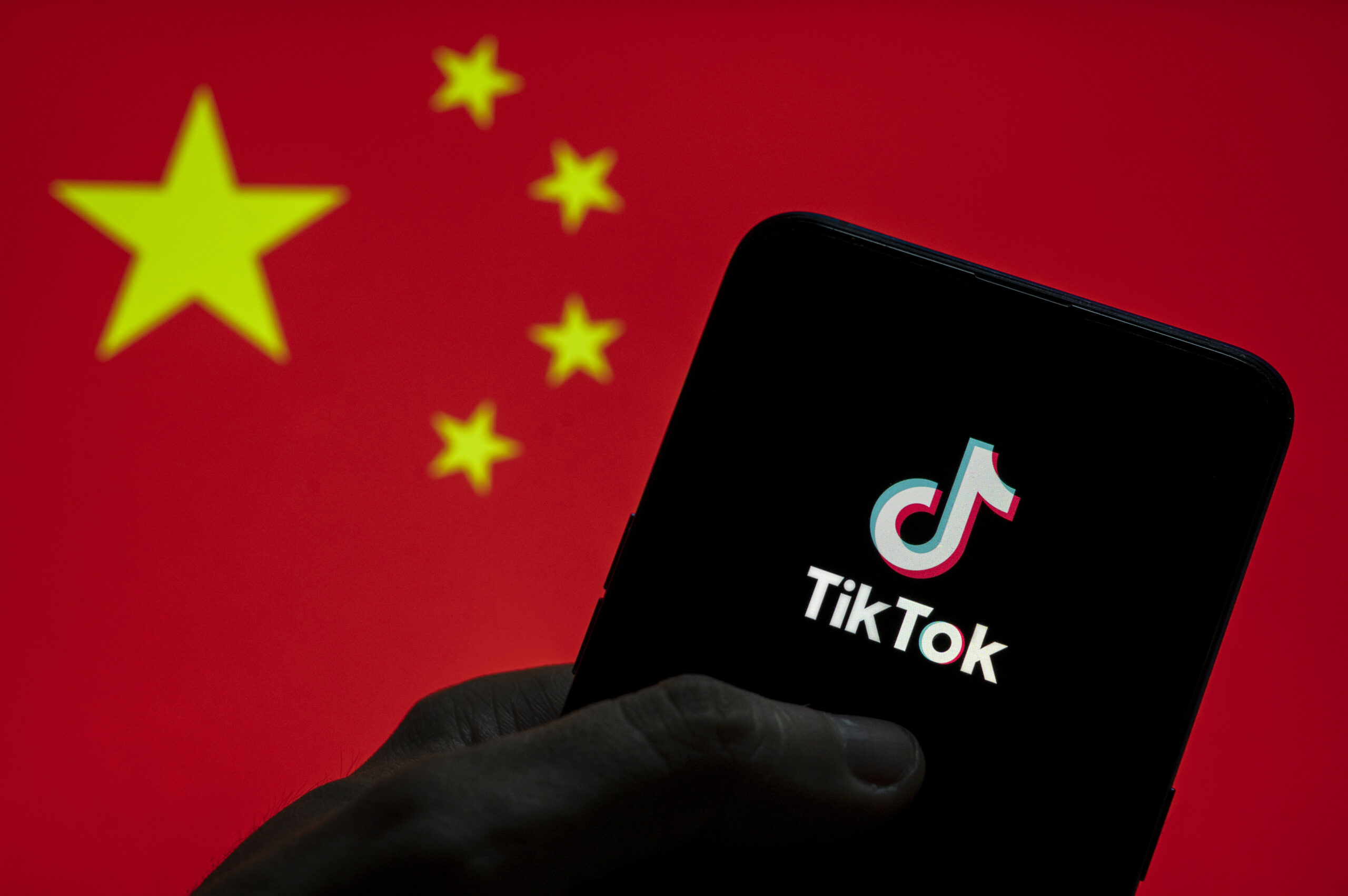
The popular social media app, owned by the Chinese company ByteDance and used by 170 million Americans, is raising national security questions about data privacy and malign foreign influence. The Chinese Communist Party is deploying such digital technologies for surveillance, propaganda, and repression — and to strengthen their autocratic regime. The following Journal of Democracy essays explore the connections between social media, digital technology, and dictatorship.
Why TikTok Is a Threat to Democracy
The popular Chinese-owned app is enabling Beijing to collect data on people nearly everywhere. Not only can such platforms track people’s preferences and whereabouts, but they give the Chinese government control over a powerful tool for shaping people’s worldview.
Aynne KokasDigital Propaganda: The Power of Influencers
Swarms of “nano-influencers,” are rapidly reshaping social-media propaganda campaigns, upending political discourse in democracies around the world.
Samuel C. WoolleyThe Future of Platform Power: Fixing the Business Model
To stop surveillance capitalism, take aim at the targeted advertising that fuels it.
Nathalie MaréchalThe Future of Platform Power: Making Middleware Work
Bringing middleware from theory to practice will require addressing thorny questions about revenue, cost, feasibility, and privacy.
Daphne KellerMaking the Internet Safe for Democracy
The outsized power of large internet platforms to amplify or silence certain voices poses a grave threat to democracy. Finding a reliable way to dilute that power offers the best possible solution.
Francis FukuyamaSocial Media Disruption: Nigeria’s WhatsApp Politics
The encrypted messaging service WhatsApp has become an increasingly important tool for “fake news” in Nigeria, while weakening government control of information and broadening opportunities for political participation.
Nic Cheeseman, Jonathan Fisher, Idayat Hassan, and Jamie HitchenSocial Media Disruption: Messaging Mistrust in Latin America
In Latin America, greater exposure to social media—and the digital misinformation that comes with it—seems to be bolstering prodemocratic attitudes even as it fuels public distrust in democratic institutions.
Noam Lupu, Mariana V. Ramírez Bustamante, and Elizabeth J. ZechmeisterEgyptian Youth’s Digital Dissent
The military-backed regime of President al-Sisi seems secure, but study of the Egyptian internet reveals that the regime has failed to win over the young.
Adel IskandarThe Road to Digital Unfreedom: Three Painful Truths About Social Media
Not so long ago, the internet was being lauded as a force for greater freedom and democracy. With the rise of intrusive and addictive social media, however, a discomfiting reality has set in.
Ronald J. DeibertFrom Liberation to Turmoil: Social Media and Democracy
Once hailed as a megaphone for marginalized voices and an enabler of free discourse generally, social media now appear to have problematic consequences in both authoritarian and democratic regimes.
Joshua A. Tucker, Yannis Theocharis, Margaret E. Roberts, and Pablo Barberá
Subscribe here to have curated collections like this one and other Journal of Democracy news delivered directly to your inbox.
Image Credit: Budrul Chukrut/SOPA Images/LightRocket via Getty Images
